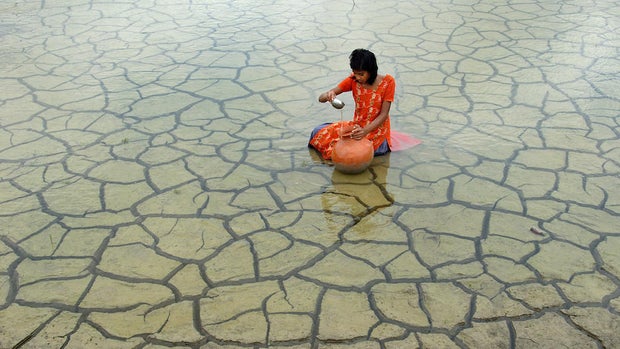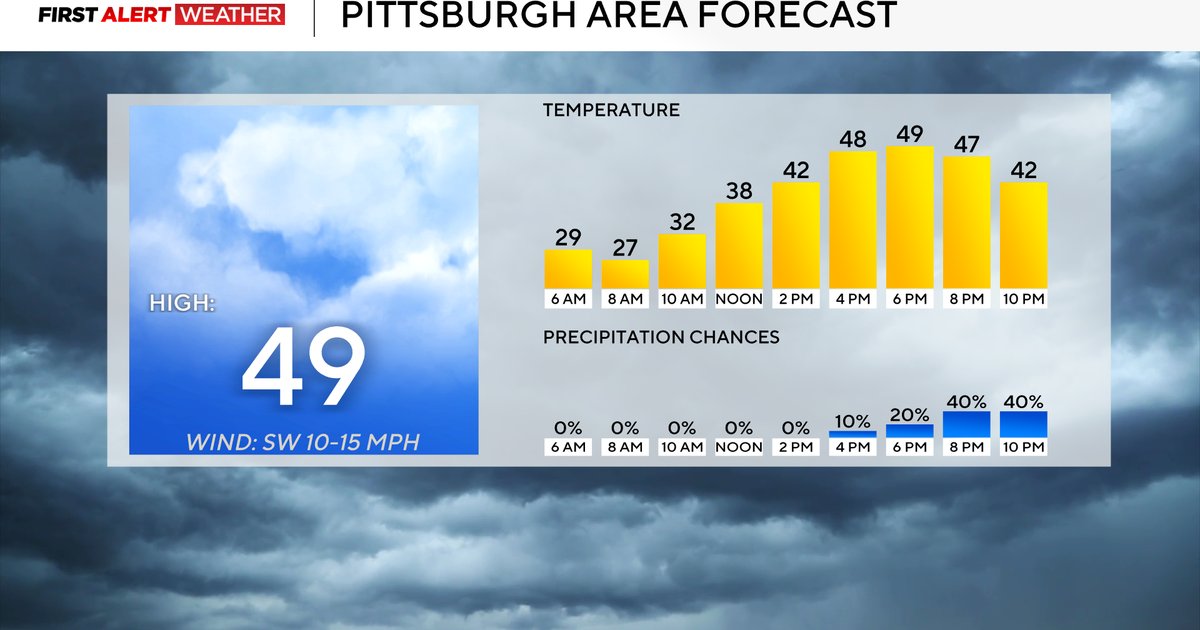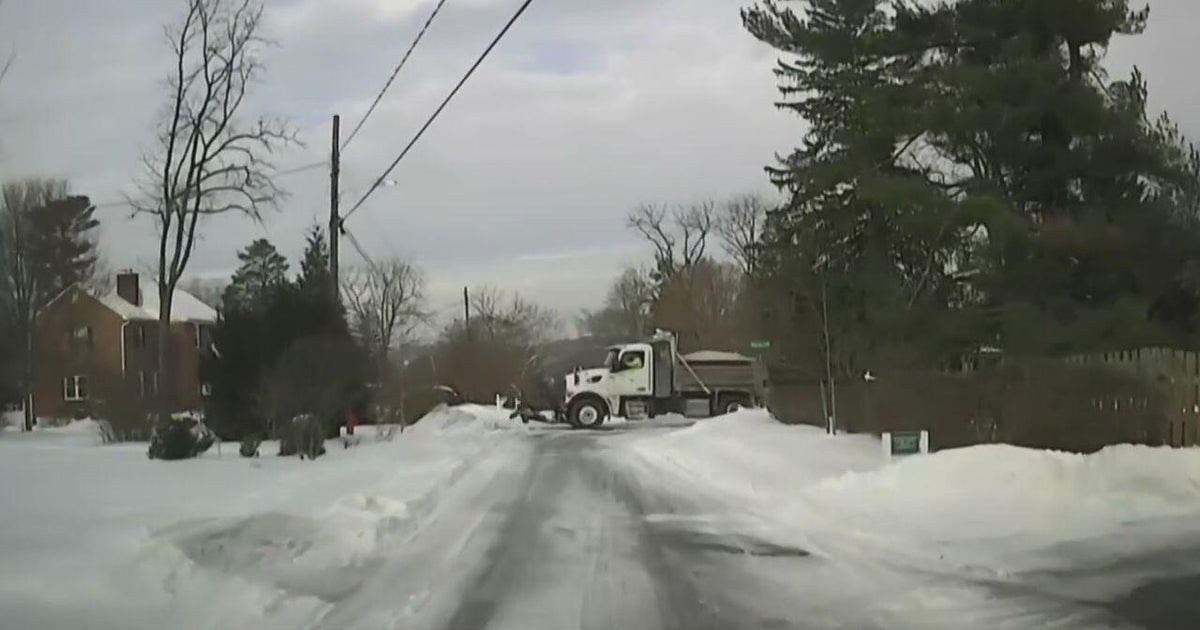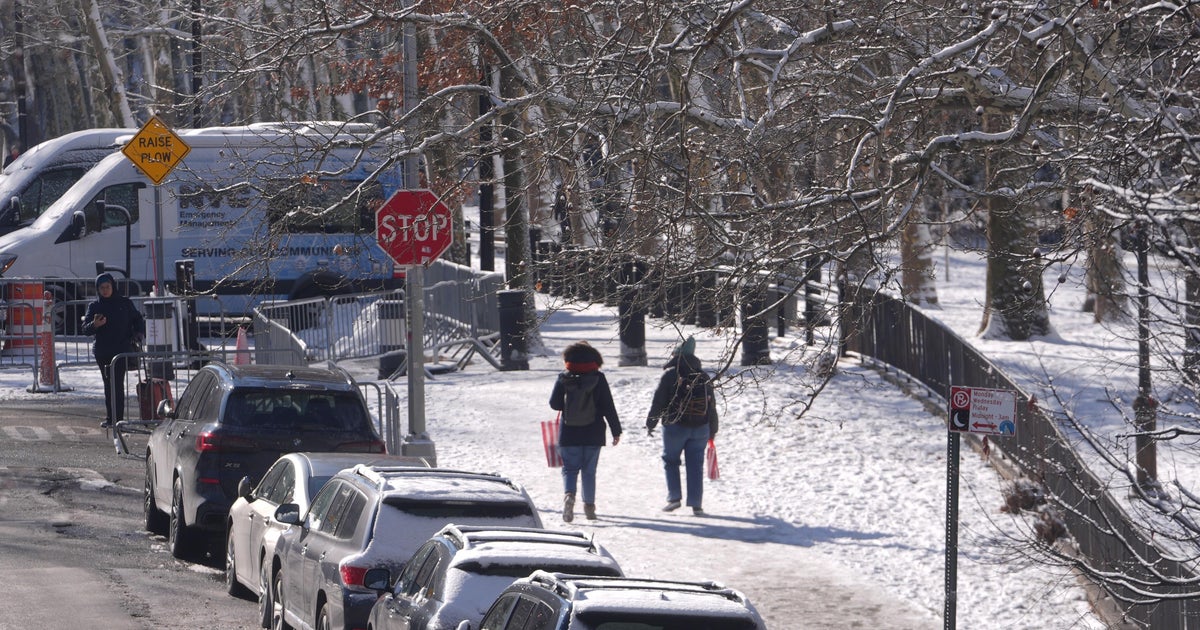U.S. slightly surpasses 1936 record for hottest summer ever, NOAA says
The contiguous U.S. just recorded its hottest summer ever, topping the previous record set in 1936 by less than a hundredth of a degree, the National Oceanic and Atmospheric Administration found in a recent climate report. Between June and August 2021, the average temperature in the lower 48 states was 74 degrees Fahrenheit.
NOAA reported that 18.4% of the contiguous U.S. experienced extreme or record-breaking heat during the summer months. This summer was in the top five hottest on record for 16 states, and California, Oregon, Utah, Idaho and Nevada experienced their hottest summers ever recorded. At one point in August, over 200 million Americans were under heat advisories.
In Oregon, temperatures reached an all-time high of 116 degrees Fahrenheit in June, killing 63 people and forcing the city of Portland to shutter its light rail and street car services and encourage residents to stay inside.
Meanwhile, more than 1,300 people were hospitalized in Washington state due to the heat. And on the other side of the country, New York City saw over 2,300 residents lose power over blackouts caused by the high temperatures.
In addition to the record-breaking heat, there were several significant climate anomalies and events this summer, including Hurricane Ida making landfall in Louisiana as a deadly Category 4 storm and California's Dixie Fire becoming the second-largest fire in the state's history.
The record temperatures come only one year after research suggested the heat waves that caused the Dust Bowl of the 1930s — and resulted in the record-setting heat in the summer of 1936 — were 2.5 times more likely to occur due to climate change.
"It is likely that there will be more extreme heat wave conditions in the central U.S. in the future, given the rise in greenhouse gases levels, so communities and governments need to be prepared for this eventuality," study author Dr. Tim Cowan said.
President Biden has continue to call for larger action on climate change and national infrastructure investments to prevent more severe damage from climate-based storms and wildfires.
"The evidence is clear. Climate change poses an existential threat to our lives, to our economy," the president said while touring Ida-related damage in Queens, New York, this week. "And the threat is here. It's not going to get any better. The question is, can it get worse? We can stop it from getting worse. And when I talk about building back better, and Chuck [Schumer] is fighting for my program, our program, on the Hill, when I talk about building back better, I mean, you can't build to what it was before this last storm. You've gotta build better so that if the storm occurred again, there would be no damage."




